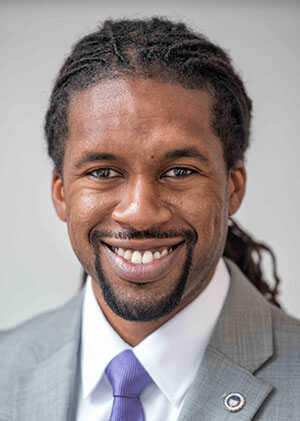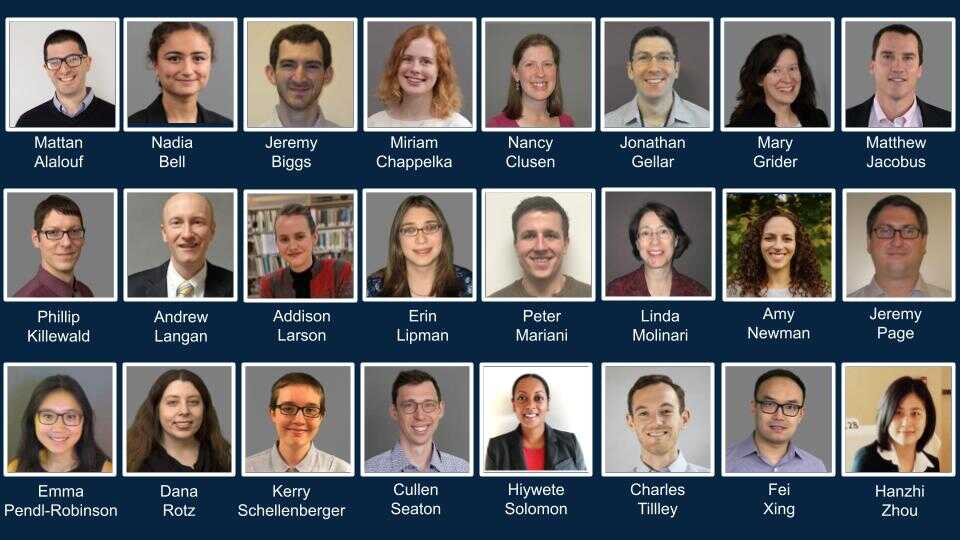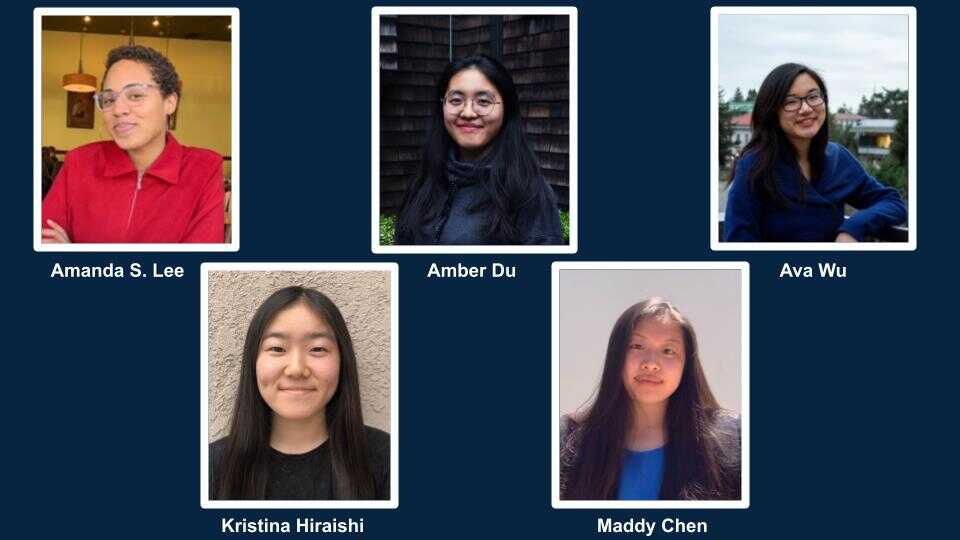People
Faculty
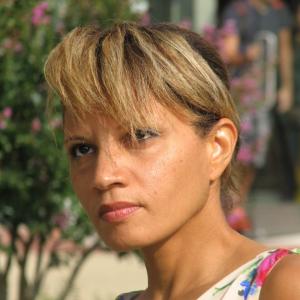
Terri Adams, Ph.D.
Terri Adams, Ph.D. is a Professor in the Department of Sociology and Criminology, and Interim Director at the NOAA Cooperative Science Center for Atmospheric Sciences & Meteorology at Howard University. She is also the lead investigator of the decision-support team for the “Building Extreme Weather Resiliency Through Improved Weather and Climate Prediction and Public Response Strategies” project supported by the National Foundation’s Partnerships in International Research and Education Program. Dr. Adams’ research takes an interdisciplinary approach to examine issues that have both theoretical and practical implications. Her specific research interests include emergency management, policing, gender studies, and the impact of trauma and disasters on individuals and organizations. Her most recent work centers on the decision-making processes of both individuals and organizations in the face of natural disasters. In addition to her academic work, she has served as a research consultant for a number of agencies and non-profit organizations including: The Police Executive Leadership Program at Johns Hopkins University, the Williams Institute, the DC Metropolitan Police Department, the National Organization of Black Law Enforcement Executives, the Prince George’s Center for Youth and Family Research, the Young Ladies of Tomorrow Inc., and the Fraternal Order of Police Metropolitan Police Labor Committee.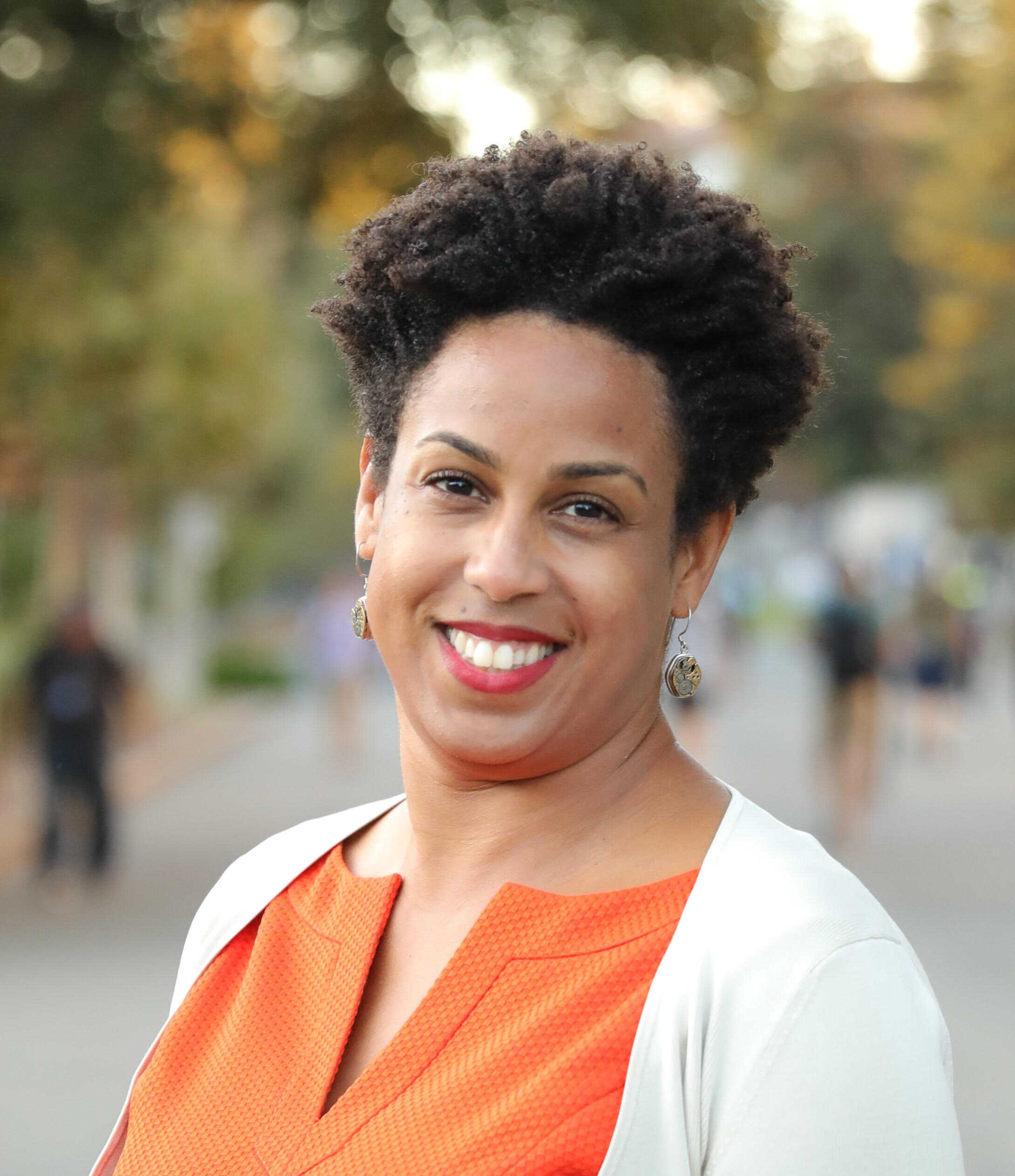
Naniette H. Coleman
Naniette H. Coleman is a Ph.D. candidate in the Sociology Department at the University of California Berkeley and a UC-National Lab In-Residence Graduate Fellow at Los Alamos National Lab. Since 2016 Naniette has directed the AAC&U award winning Interdisciplinary Research Group on Privacy at Berkeley. Naniette is an affiliate of the Institute for the Study of Societal Issues, the Center for Long-term Cybersecurity, and the Center for Technology, Society, and Policy at Berkeley as well as the Belfer Center for Science and International Affairs, and Berkman-Klein Center for the Internet and Society at Harvard University. Naniette’s research sits at the intersection of the sociology of culture and organizations and focuses on cybersecurity, surveillance, and privacy in the US context. Specifically Naniette’s research examines how organizations assess risk, make decisions, and respond to data breaches and organizational compliance with state, federal, and international privacy laws. Naniette holds a Master of Public Administration with a specialization in Democracy, Politics, and Institutions from the Harvard Kennedy School of Government, and both an M.A. in Economics and a B.A. in Communication from the University at Buffalo, SUNY. A non-traditional student, Naniette’s prior professional experience includes local, state, and federal service, as well as work for two international organizations, and two universities.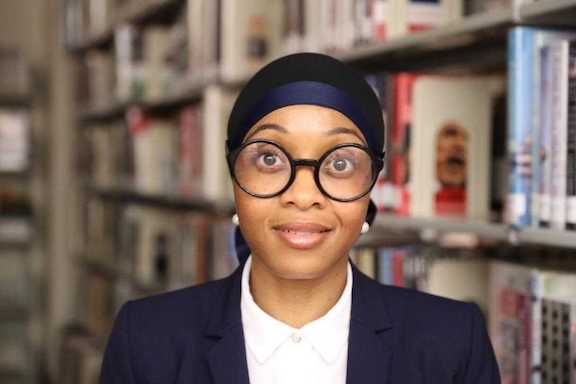
Bahiyyah Muhammad, Ph.D.
Dr. Bahiyyah Muhammad is an Associate Professor of Criminology in the Department of Sociology at Howard University (HU) in the District of Columbia (DC). She is an expert on mass incarceration and the collateral consequences on families, specifically focused on resilience among children of incarcerated parents. Her recent work explores the culture among families and children who maintain bonds during long-term imprisonment and death by incarceration. Her future research agenda includes ethnographic methodologies to uncover the “culture of mass incarceration”.Opening Plenary Speaker
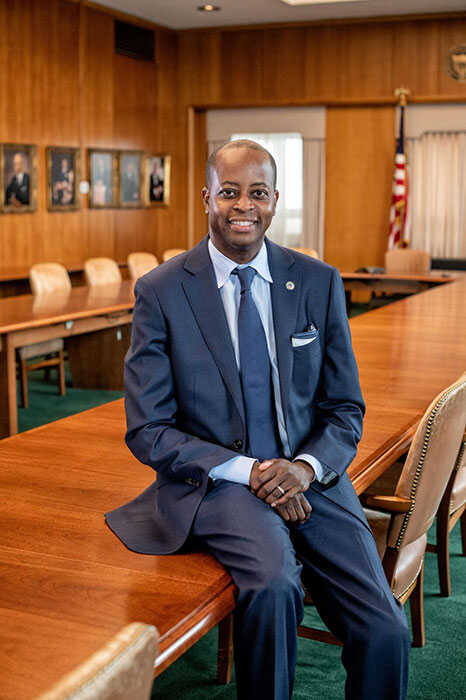
Wayne A. I. Frederick, M.D., MBA, F.A.C.S.
Dr. Wayne A. I. Frederick was appointed the seventeenth president of Howard University in 2014. He previously served as Provost and Chief Academic Officer. Most recently, the Howard University Board of Trustees selected Dr. Frederick to serve as the distinguished Charles R. Drew Professor of Surgery. A distinguished scholar and administrator, Dr. Frederick has advanced Howard University's commitment to student opportunity, academic innovation, public service, and fiscal stability. Early in his tenure as president, Dr. Frederick pursued initiatives to streamline and strengthen university operations. He has overseen a series of reform efforts, including the expansion of academic offerings, establishing innovative programs to support student success and the modernization of university facilities. As an undergraduate, Dr. Frederick was admitted to Howard University's B.S./M.D. dual degree program. He completed the requirements for both degrees in six years, allowing him to earn his Bachelor of Science degree and his medical degree by the age of 22. He also earned a Master of Business Administration from Howard University's School of Business in 2011. Following his post-doctoral research and surgical oncology fellowships at the University of Texas MD Anderson Cancer Center, Dr. Frederick began his academic career as associate director of the Cancer Center at the University of Connecticut. Upon his return to Howard University, his academic positions included associate dean in the College of Medicine, division chief in the Department of Surgery, director of the Cancer Center and deputy provost for Health Sciences.SICSS-Howard/Mathematica 2021 Keynote Speaker
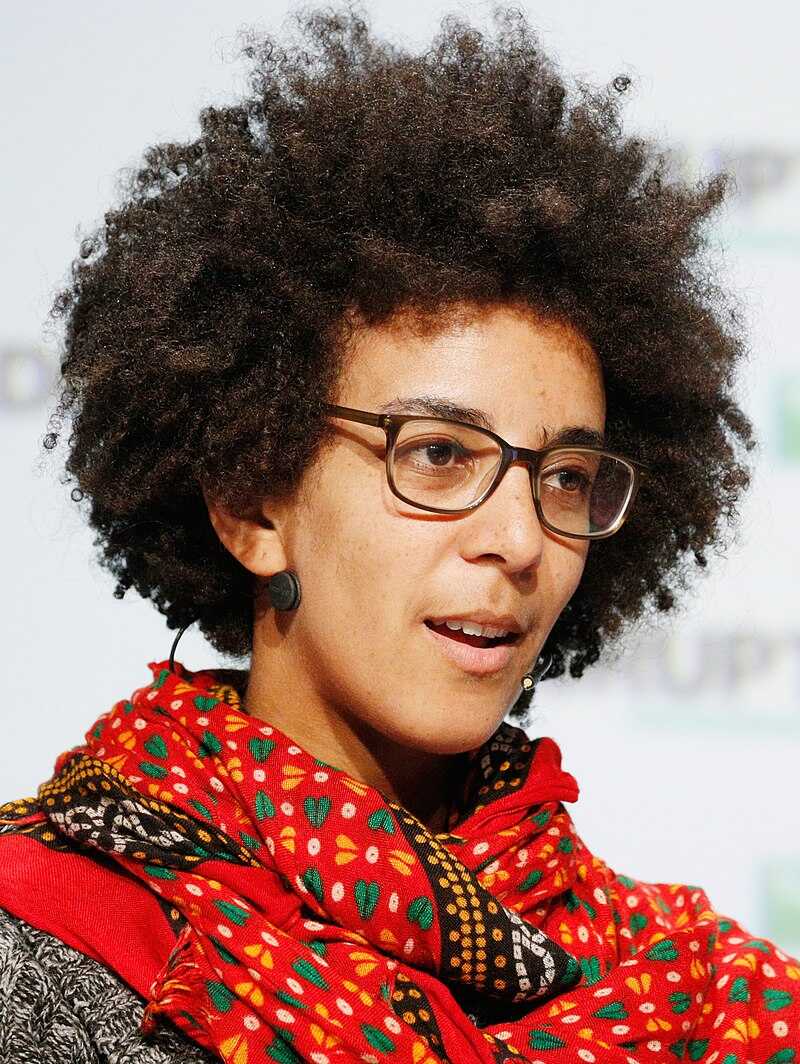
Timnit Gebru, Ph.D.
Timnit Gebru is a computer scientist whose work explores algorithmic bias and the ethical implications of data mining projects. Timnit is an advocate for diversity in technology and is the cofounder of Black in AI, a community of black researchers working in artificial intelligence. She seeks both to increase diversity in the field of AI and to reduce the negative impacts of racial bias in training data used for human-centric machine learning models.Closing Plenary Speaker
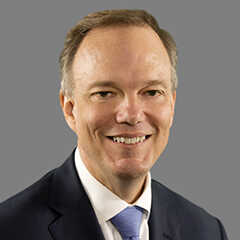
Paul Decker, Ph.D.
Paul Decker is a nationally recognized expert in policy research, data analytics, education, and labor policy. For three decades, he has been working to improve public well-being through the use of evidence to improve programs and policy. As president and CEO of Mathematica, Decker sets the company’s vision and strategy, oversees its operation and management, and shapes its values and standards. During his tenure as CEO, Decker has expanded and diversified the company’s operations and maintained its commitment to rigor and objectivity in new and evolving areas of research and analysis. Decker is Associate Editor for the Journal of Policy Analysis and Management and a past president of the Association for Public Policy Analysis and Management, where he also co-chaired the organization’s strategic planning committee and served on the policy council. He serves as a trustee and chair for the Committee for Economic Development’s Subcommittee on Workforce Issues. Decker writes and speaks regularly on trends in the policy research field, chairs the government relations committee of CEO Connection, and has testified before Congress, served as an expert adviser to both the U.S. and Canadian governments, and published widely in peer-reviewed journals. Decker holds a Ph.D. in economics from the Johns Hopkins University and serves as chair of development on the board of advisers of the Thomas Jefferson Public Policy Program at the College of William and Mary, his undergraduate alma mater.Guest Speakers
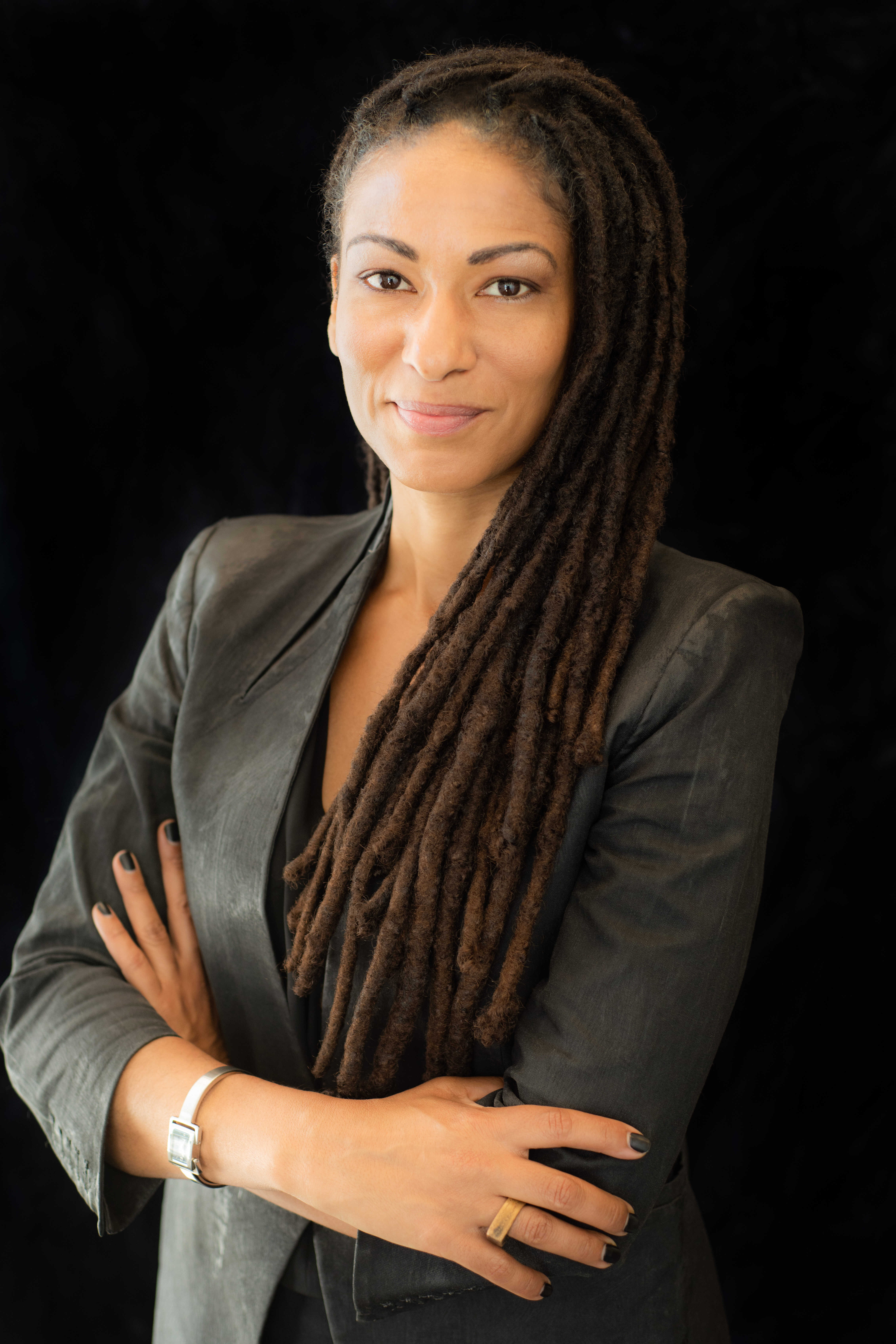
Ruha Benjamin, Ph.D.
Ruha Benjamin is Professor of African American Studies at Princeton University, Founding Director of the Ida B. Wells Just Data Lab, and author of the award-winning book Race After Technology: Abolitionist Tools for the New Jim Code among many other publications. Her work investigates the social dimensions of science, medicine, and technology with a focus on the relationship between innovation and inequity, health and justice, knowledge and power. Ruha earned a BA from Spelman College, MA and Ph.D. in Sociology from UC Berkeley, and completed postdoctoral fellowships at UCLA’s Institute for Society & Genetics and Harvard’s Science, Technology and Society Program. She is the recipient of numerous awards and fellowships including from the American Council of Learned Societies, National Science Foundation, Marguerite Casey Foundation 2020 Freedom Scholar Award, and the President’s Award for Distinguished Teaching at Princeton.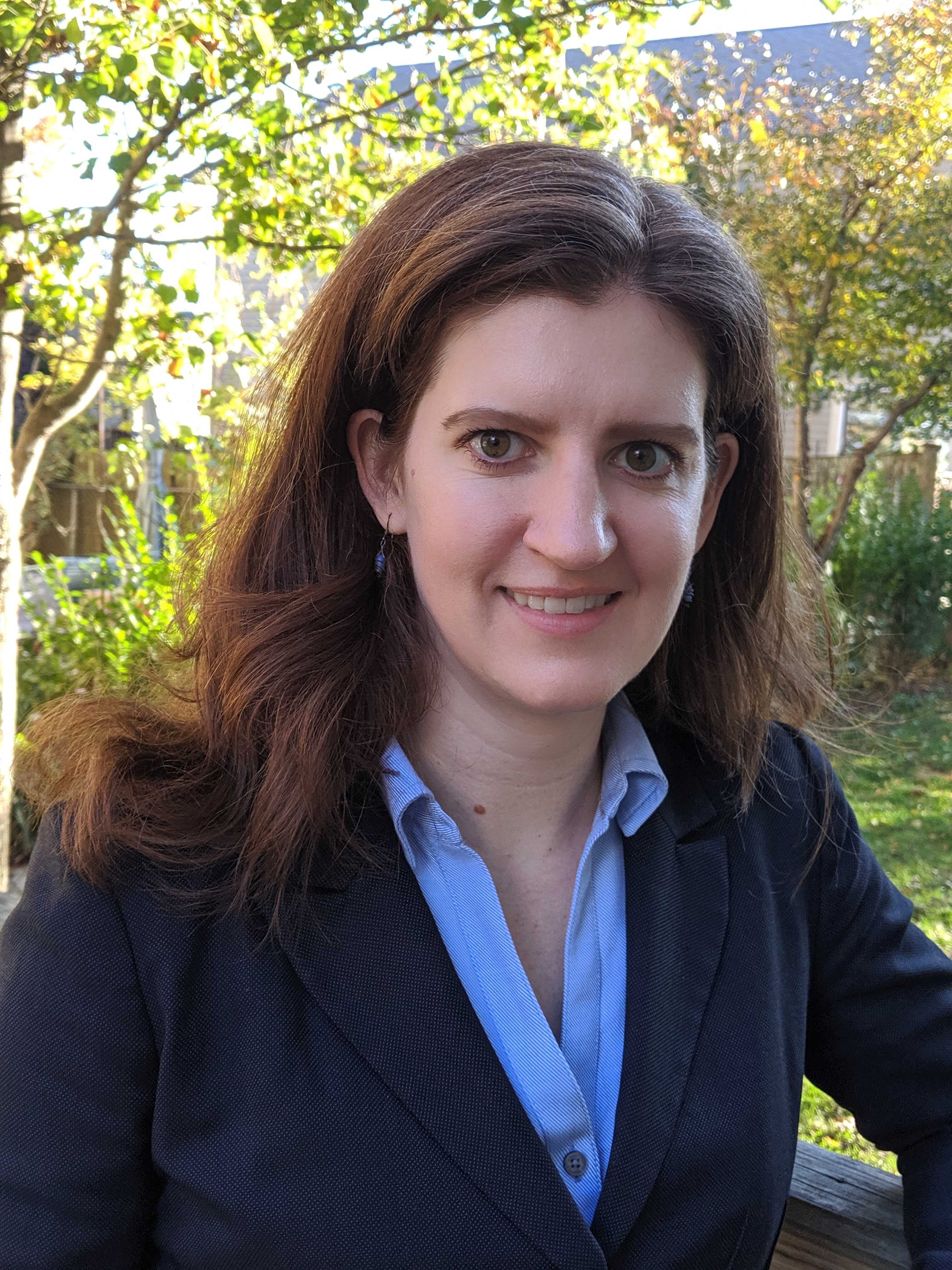
Laura Nelson, Ph.D.
Laura Nelson is an assistant professor of sociology at Northeastern University, soon to be an assistant professor at the University of British Columbia. She received her Ph.D. in sociology from UC Berkeley, and has been a postdoctoral fellow at Northwestern University and UC Berkeley Data Science and Digital Humanities. She uses computational tools, principally automated text analysis, to study social movements, culture, gender, institutions, and organizations. She has published in outlets including such as Sociological Methods & Research, Mobilization, Gender & Society, and Poetics.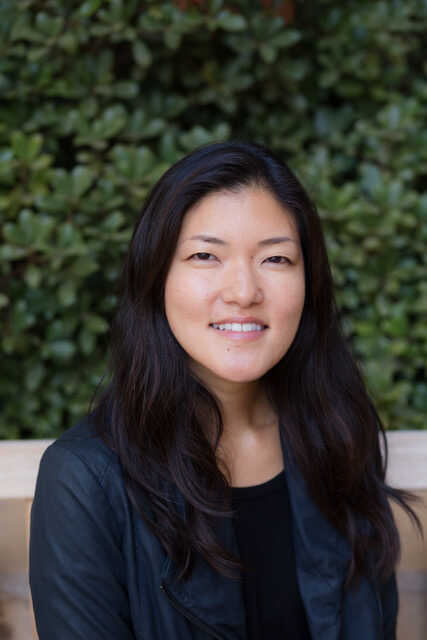
Naomi Sugie, Ph.D.
Naomi F. Sugie is an Associate Professor in the Criminology, Law and Society Department (and by courtesy, the Sociology Department) at the University of California, Irvine (UC Irvine). Her research focuses on issues of punishment, inequality, and new technologies for research with traditionally hard-to-reach groups. Her recent projects focus on reentry from prison and the consequences of criminal justice contact for employment, mental health, and political participation. In a recent study, the Newark Smartphone Reentry Project, she used a phone application to examine daily job search and employment experiences of men recently released from prison in Newark, NJ. This project collected data through real-time surveys, GPS location estimates, and call/text logs. Currently, she is collaborating with an interdisciplinary team to develop a phone application to understand housing needs among precariously housed and homeless Veterans. She is also working with faculty and students at UC Irvine, through the PrisonPandemic Project, to document and disseminate stories from incarcerated people in CA about living through COVID-19. Her work is published in journals including American Journal of Sociology, American Sociological Review, Criminology, Demography, Social Forces, Social Problems, and Sociological Methods and Research, and has been supported by the National Institutes of Health, National Institute of Justice, and National Science Foundation. Sugie earned a Ph.D. in Sociology and Social Policy, as well as a specialization in Demography, from Princeton University.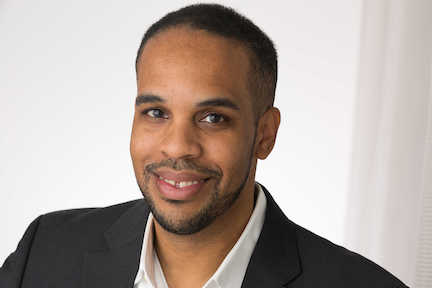
Chris Wheat, Ph.D.
Chris Wheat is the Co-President for the JPMorgan Chase Institute. Prior to joining JPMCI, he served as the Director of Analytics at a financial technology startup, where he led the development of advanced analytics algorithms. He previously was an Assistant Professor at the MIT Sloan School of Management and at the Center for Urban Entrepreneurship and Economic Development at Rutgers Business School. As a faculty member, he taught and researched topics in strategy, entrepreneurship, global microfinance, economic sociology, and social network analysis. Chris earned a B.S.E. in Mechanical & Aerospace Engineering from Princeton University, an M.S. in Computer Science from Stanford University, an M.A. in Sociology from Harvard University, and a Ph.D. in Organizational Behavior from Harvard University."Real Talk" Roundtable Discussions
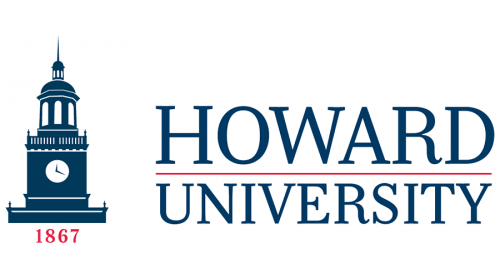
Howard University
Howard University has long held a commitment to the study of disadvantaged persons in American society and throughout the world. The goal is the elimination of inequities related to race, color, social, economic and political circumstances. As the only truly comprehensive predominantly Black university, Howard is one of the major engineers of change in our society. Through its traditional and cutting-edge academic programs, the University seeks to improve the circumstances of all people in the search for peace and justice on earth.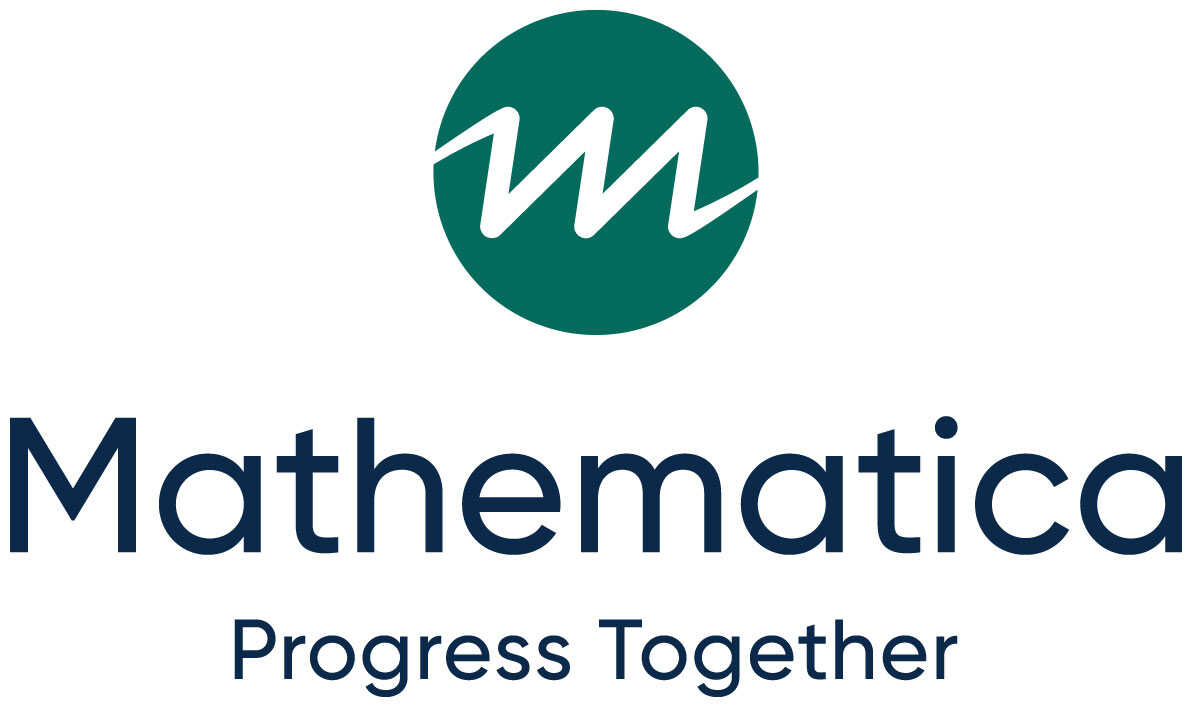
Mathematica
Mathematica is the insight partner that illuminates the path to progress for public- and private-sector changemakers. We apply expertise at the intersection of data, methods, policy, and practice, translating big questions into deep insights that weather the toughest tests. Driven by our mission to improve public well-being, we collaborate closely with our clients to improve programs, refine strategies, and enhance understanding.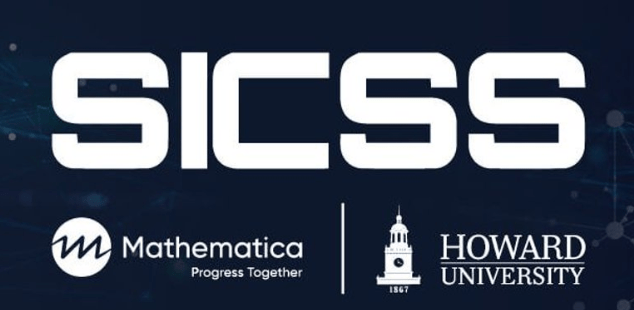
SICSS-Howard/Mathematica
The Summer Institutes in Computational Social Science (SICSS) were created to provide free training to the next generation of researchers at the intersection of social science and data science— and to incubate cutting-edge research across disciplinary boundaries. Participants at each institute a) hear lectures by leading scholars in the field on a range of subjects from automated text analysis to experiments on social media platforms; b) participate in group training exercises; and c) launch interdisciplinary research projects. SICSS thus aims to provide open, high-quality training in computational social science to researchers around the world in order to accelerate the growth of the field and ensure that it develops practices that are in the long-term interests of science and society. Lectures are live-streamed to all SICSS sites from a central location and supported via a vibrant online community that includes open-source education materials that can be used for further self-study or as a model for computational social science courses within other organizations.Bite-Sized Lunchtime Talks
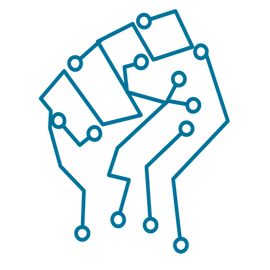
Black in AI
Black in AI is a place for sharing ideas, fostering collaborations and discussing initiatives to increase the presence of Black people in the field of Artificial Intelligence.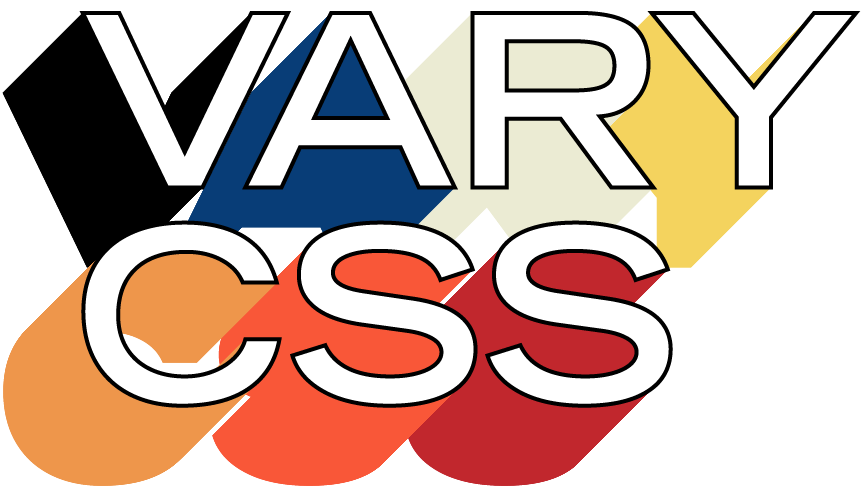
vary CSS
Computational Social Science is an exciting new field of research, and we think it should be diverse and inclusive as it grows. To this end, we provide links to resources, which are intended to support new and emerging CSS scholars currently underrepresented in the field. We also maintain a database of these scholars, which can be used for collaboration and networking, or for finding new voices to speak at conferences, on panels, and in workshop tutorials. These resources are compiled and updated by the CSS community.
The Data Nutrition Project
Our belief is that deeper transparency into dataset health can lead to better data decisions, which in turn lead to better AI. Founded in 2018 through the Assembly Fellowship, The Data Nutrition Project takes inspiration from nutritional labels on food, aiming to build labels that highlight the key ingredients in a dataset such as meta-data and populations, as well as unique or anomalous features regarding distributions, missing data, and comparisons to other ‘ground truth’ datasets.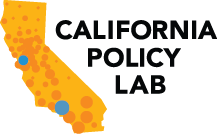
The California Policy Lab
The California Policy Lab is a non-partisan research institute based at the University of California. Our mission is to improve the lives of Californians by generating evidence that transforms public policy. We do this by forming lasting partnerships between government and California’s flagship public universities to harness the power of research and administrative data.
The University of California's Publisher Negotiation Team
"Open access publishing is fundamental to what we do and to our mission. We’re a public research university, and our research is largely funded by public dollars, from residents of California and the U.S. So, we feel an obligation to make the results of our research available to those worldwide who will benefit from our advances, without having to pay to read them." - Jeffrey MacKie-Mason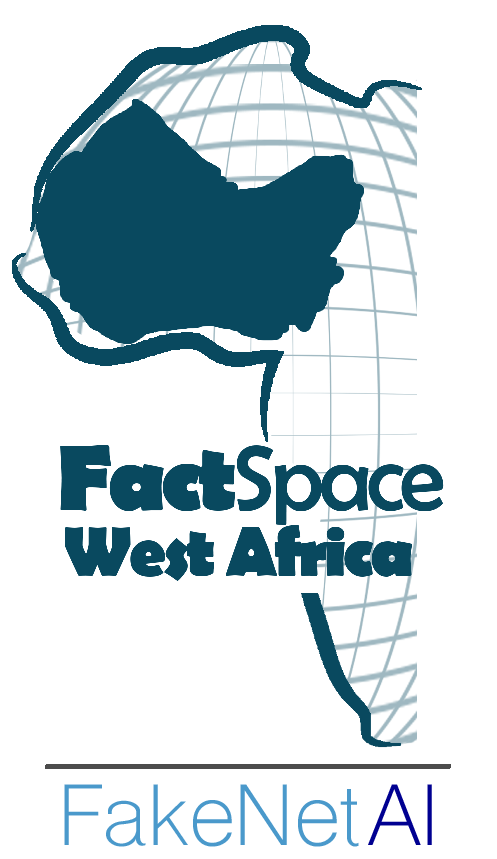
FactSpace West Africa and FakeNetAI
Synthetic media, or deepfake technology is advancing rapidly and developing into a powerful disinformation tool, and few organizations or individuals are protected against this evolving threat. FactSpace West Africa and FakeNetAI, backed by Facebook, The International Fact-Checking Network, and UC Berkeley have partnered to combat deepfake attacks. Their deepfake detection solution, powered by cutting edge artificial intelligence technology, accurately and quickly detects deepfakes, protecting users against the economic and societal harms that deepfakes pose.
Wiki Education
Wiki Education serves as the bridge between academia and Wikipedia. A small 501(c)(3) nonprofit, we run programs that seek to build connections between universities and Wikipedia and other Wikimedia projects in the United States and Canada. In our most established program, Wiki Education supports the Wikipedia Education Program in the United States and Canada. Since 2010, university instructors participating in the program have assigned their students to add content to course-related articles on Wikipedia. Students gain key 21st century skills like media literacy, writing and research development, and critical thinking, while content gaps on Wikipedia get filled thanks to students’ efforts.Participants
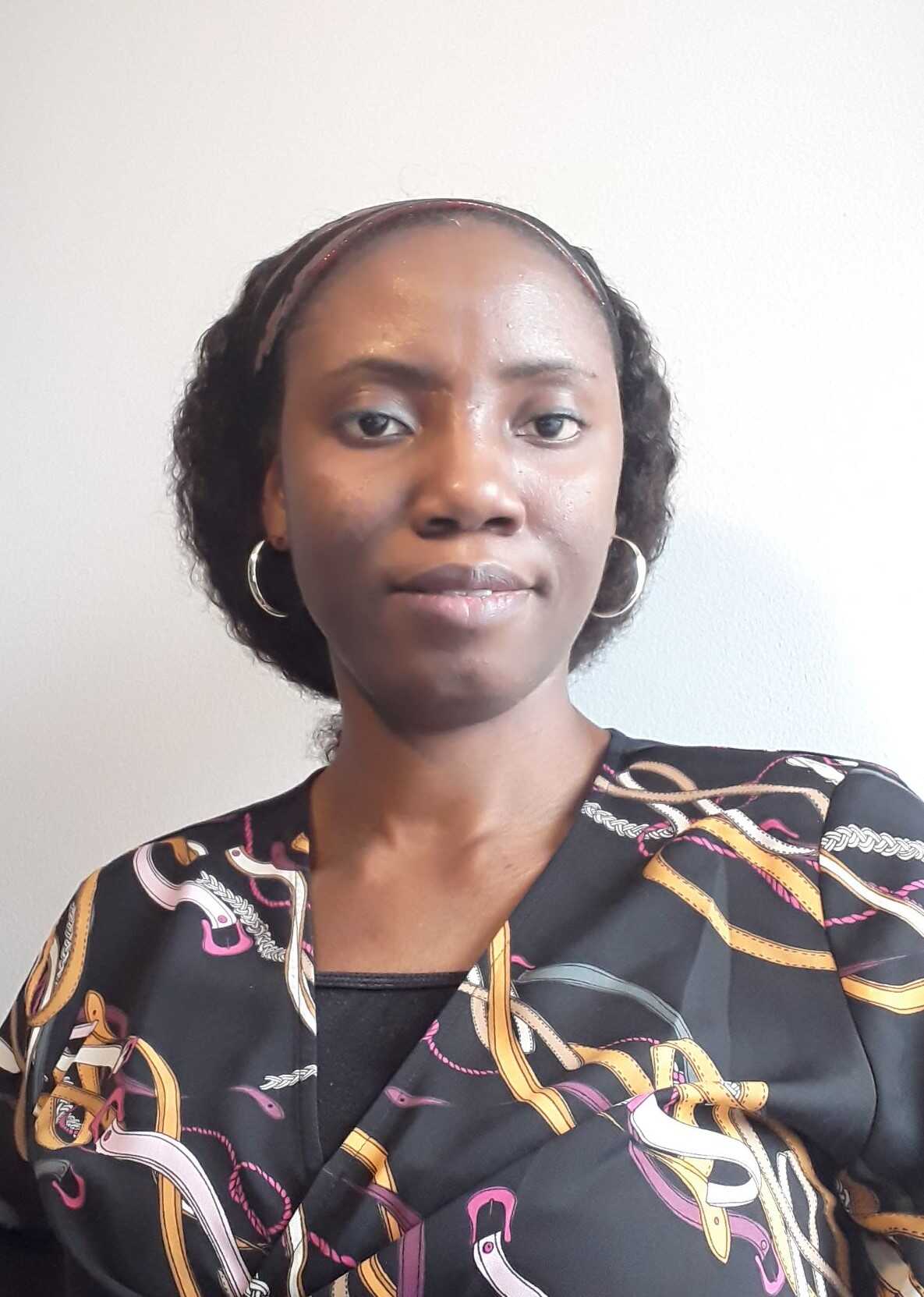
Abiodun Atoloye
Abiodun Atoloye is a Postdoctoral Research Associate with Rudd Center for Food Policy and Obesity, University of Connecticut. She studies the interactions between individual and environmental factors both as determinants of and solutions to poor nutrition outcomes using a mixed-method research approach, community-based research approach, geo-narrative, policy analyses, and innovative measurement tools. Her interest spans addressing access to affordable and nutritious food in different settings including the food pantry and banking system, farmers’ market, and family childcare homes. She is also interested in using advanced data analysis techniques as an alternative method to understand factors influencing food-related decisions among low-resource individuals.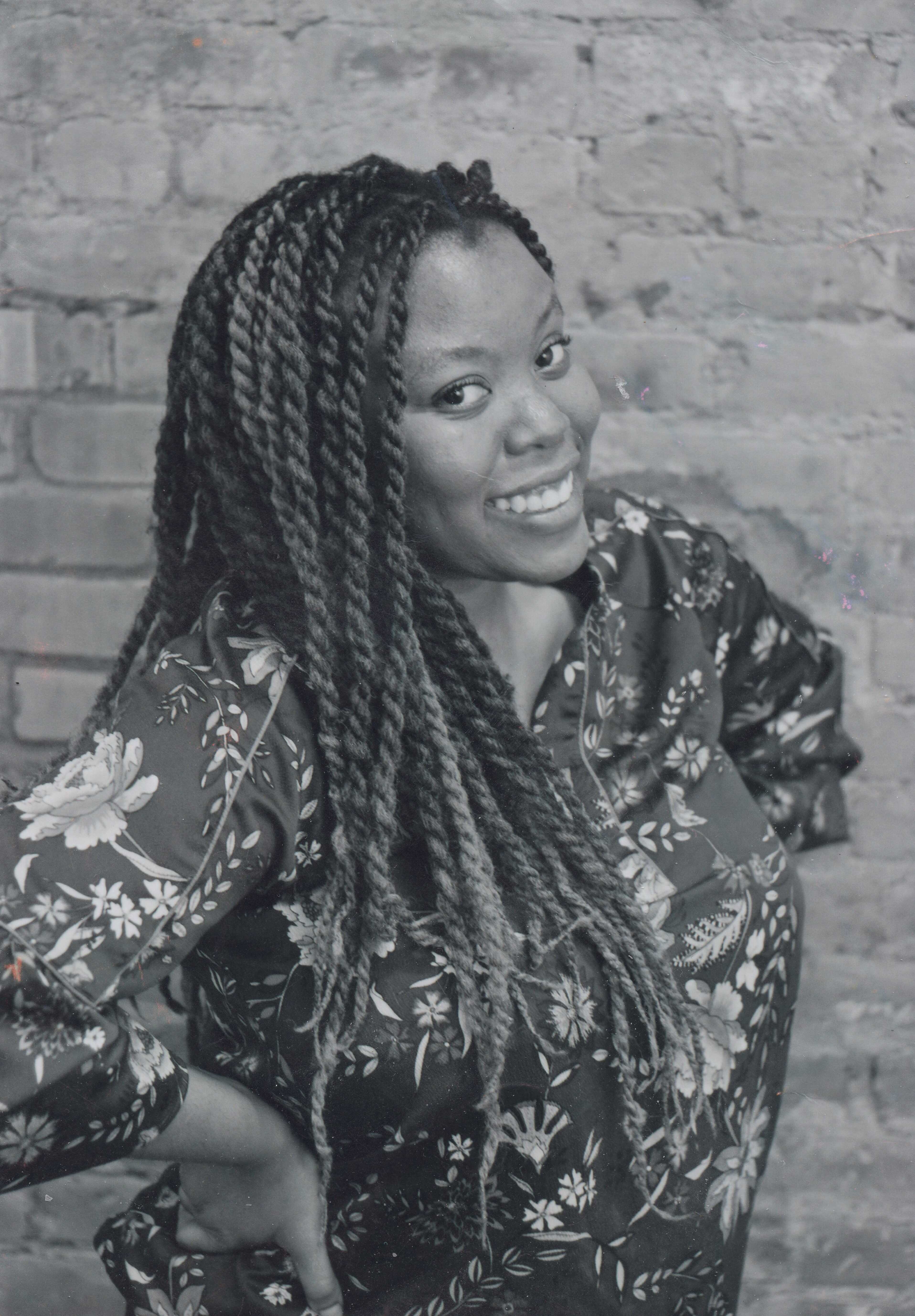
Kimberley Baxter
Kimberley Baxter (she/her/hers), is a rising fourth-year Ph.D. student in NYU’s Linguistics department. She earned two MA’s in Forensic Linguistics (Hofstra University) and in Sociolinguistics (University of Essex), and studied Spanish at NCA&T State University. Her current interests are Syntactic Variation in AAVE and Syntax in Jamaican Patwa.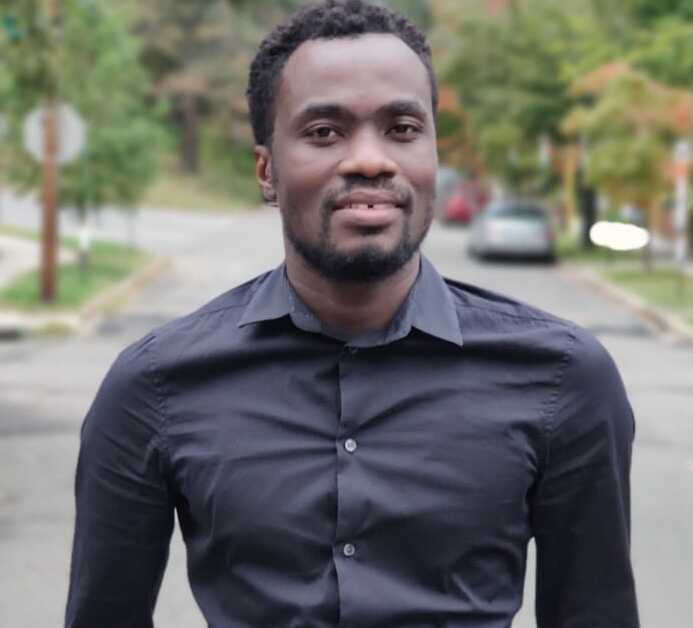
Richmond Danso
Richmond Danso is a 2020 Ph.D. graduate from the Department of Political Science at Howard University, where he majored in international relations and American Government (and minored in Public Policy). His research focuses on developing nations, particularly Sub-Saharan Africa, focusing on development, leadership, and good governance. He holds a master’s degree in Public Administration from Montana State University and an undergraduate degree in political science (minor in sociology and social work) from the Kwame Nkrumah University of Science and Technology (KNUST), Ghana.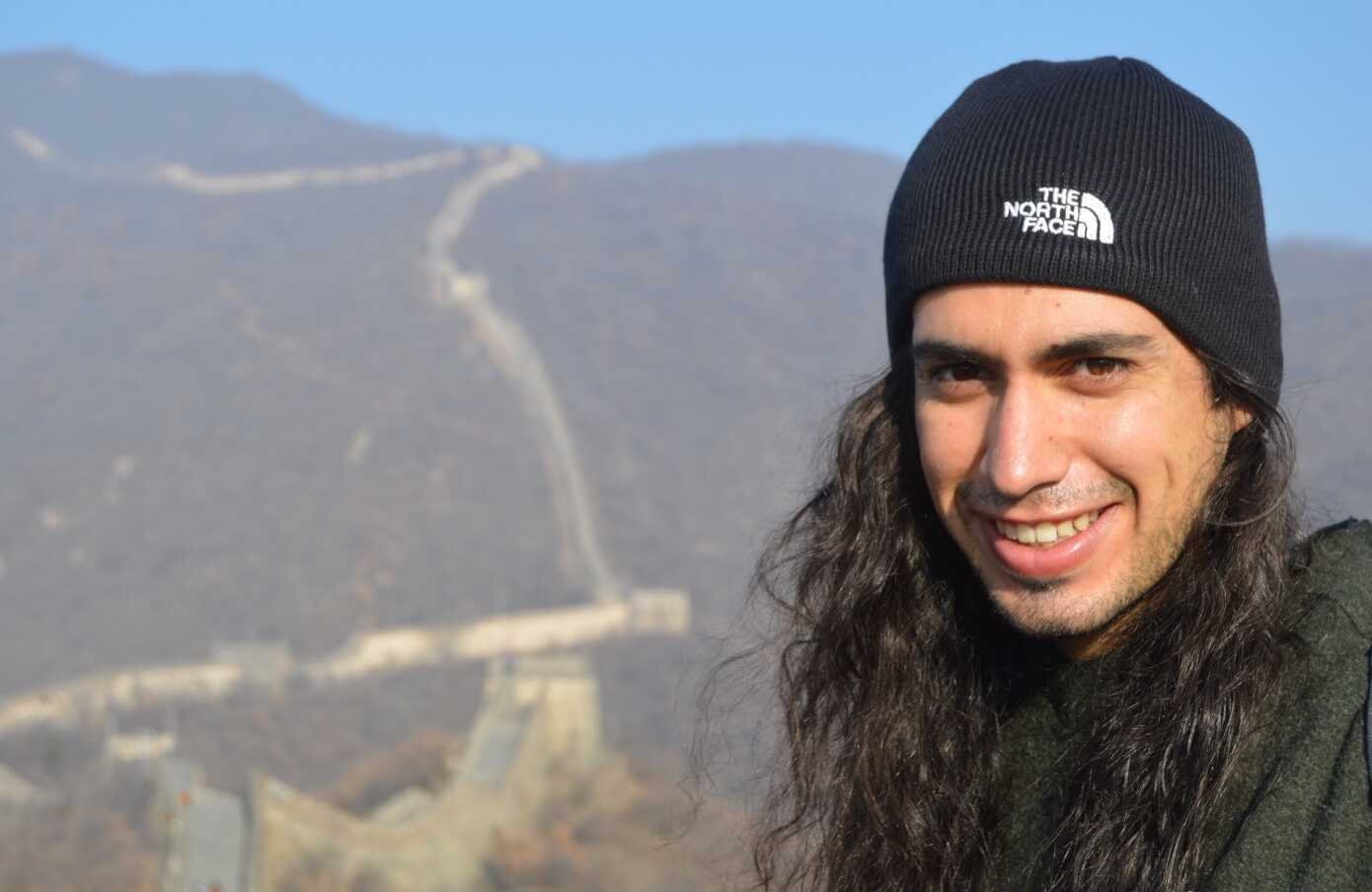
Troy Dildine
Troy Dildine is a Ph.D. candidate in Neuroscience within the Graduate Partnership Program between the National Institutes of Health and Karolinska Institutet. His research aims for greater health equity by assessing pain expression and decision making and by providing interventions to improve pain assessment.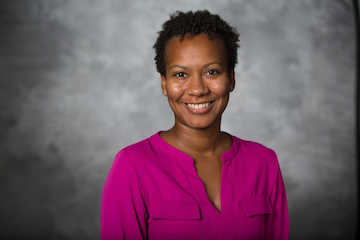
Janeria Easley
Janeria Easley is an assistant professor of African American Studies at Emory University. Dr. Easley is trained as a sociologist and a demographer. She studies neighborhoods, wealth, and other racialized barriers to economic well-being.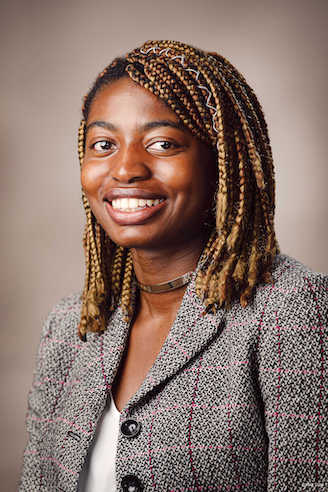
Regina Ebo
Regina Ebo is pursuing a Ph.D. in psychology at UC Berkeley. Her work examines how cultural intersections impact emotion regulation, emotion beliefs, and empathy. Previously, she was the Lab Manager for the Early Childhood Cognition Lab at MIT and received her BA in cognitive science from Vassar College.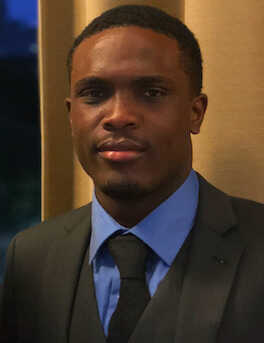
Benjamin Fields
Benjamin Njila Fields is a 2nd year Ph.D. student at the University of California, Berkeley. His research interests are in the sociology of health and nutrition, focusing his studies on the United States and Cameroonian contexts.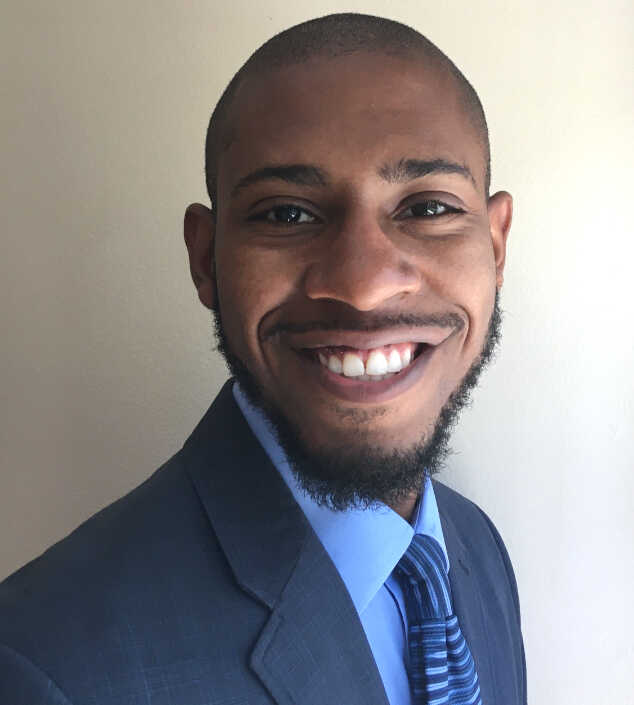
Todd Hall
Todd is a Ph.D. student in education policy at the University of Virginia. He studies early childhood education and discipline in both early childhood and K-12 settings. Previously, Todd worked at J-PAL North America and the ed-tech startup, Empatico. He holds a BA in Political Economy from Williams College.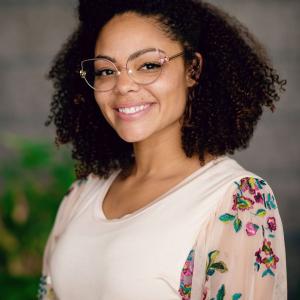
Nicole Jenkins
Nicole is currently an Assistant Professor in the Department of Sociology and Criminology at Howard University. She received her Doctoral degree from the University of Nevada Las Vegas in the Department of Sociology in 2020. She obtained an M.A. in Sociology in 2017 and B.A. in Sociology in 2015 from the University of Nevada Las Vegas. In 2013, she received an A.A. in Criminal Justice after serving six years of active duty in the United States Air Force as Military Police. She is a proud advocate for social justice and is committed to teaching with such emphasis in topics such as race and ethnic studies, sociology of poverty, problems of the black community, and research methods.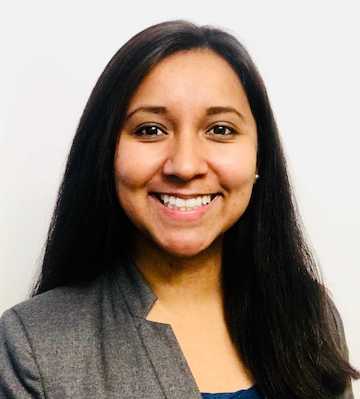
Erika Meza
Erika is a doctoral student in Epidemiology and Translational Science at the University of California, San Francisco. Her work applies causal inference methods to evaluate social determinants of cognitive aging in older adults. Erika holds a BS in Applied Mathematics from Loyola Marymount University and an MPH from Columbia University.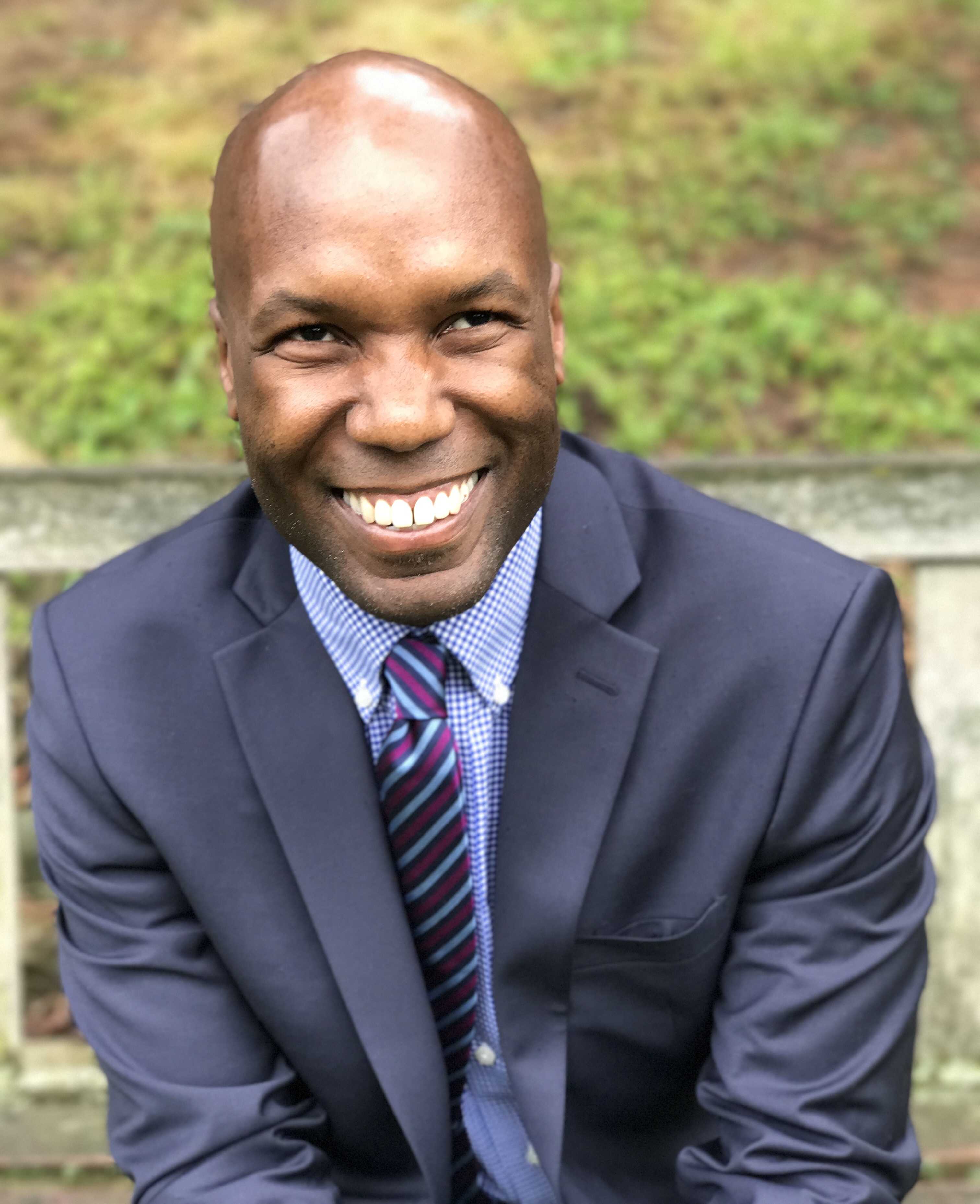
Rashun Miles
Rashun Miles is a Ph.D. student in social welfare at the University of Mississippi. He has a MA from Columbia University and a MSW from the University of Michigan. His research integrates urban complex systems and feminist pedagogy (ethics of care) to address compassion fatigue among helping professionals.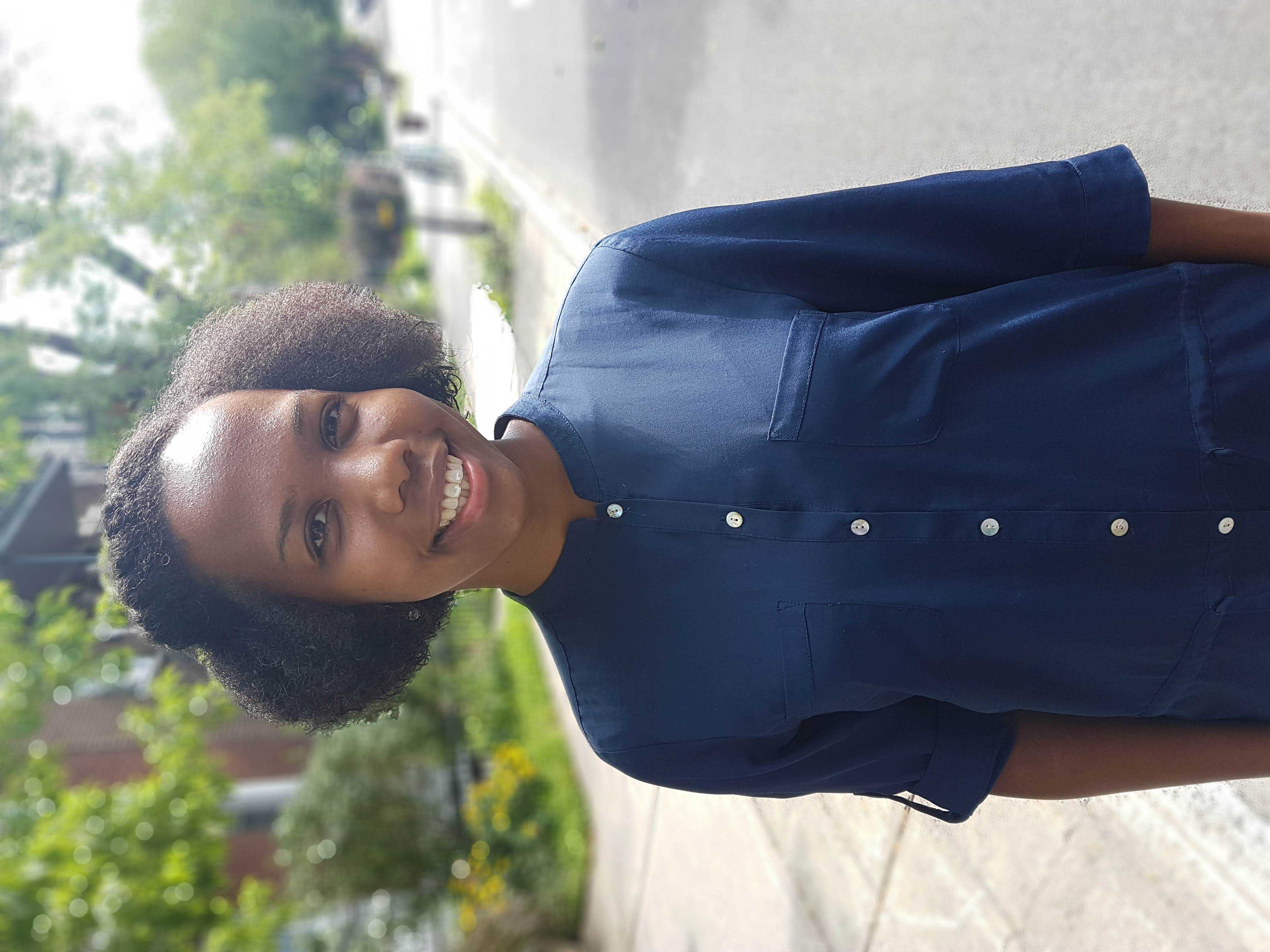
Yondu Mori
Yondu is a Ph.D. candidate in Communication Sciences and Disorders at McGill University. She completed a BSc in Psychology from the University of Alberta. She uses quantitative experimental methods and theories from cognitive and social psychology, and linguistics. She is interested in how applied research and data can inform societal decisions.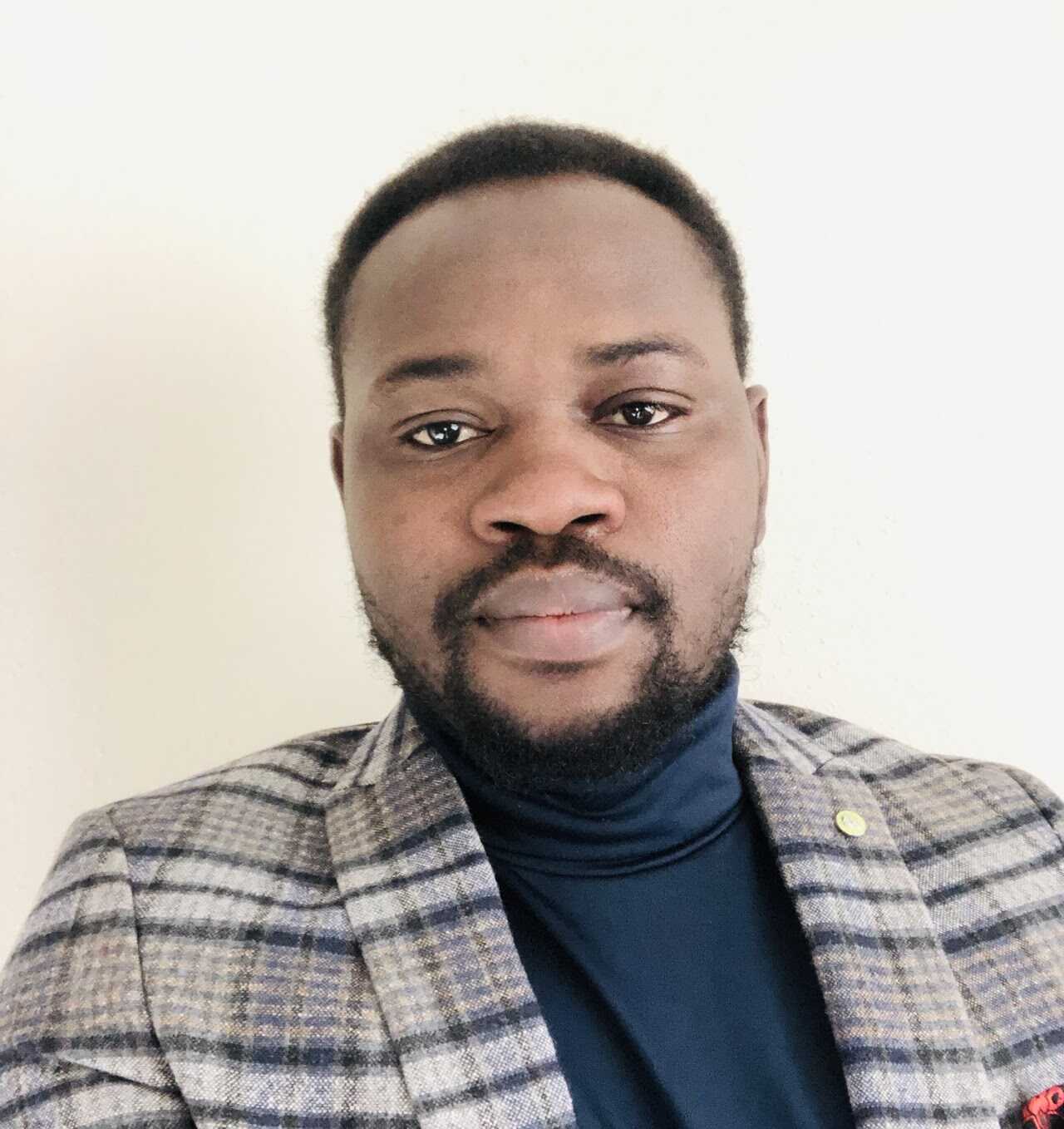
Ayorinde Ogunyiola
Ayorinde Ogunyiola is a Ph.D. candidate in Sociology at South Dakota State University. His research focuses on understanding the socio-ethical implication of emerging technologies in agriculture. He is also interested in macroeconomics, governance of artificial intelligence, technology ethics, climate change risk and resilience, and computational analysis. He holds a BS in economics from Ahmadu Bello University Zaria, Nigeria, an MS in Economics from University of Ibadan, Nigeria, an MS in Mathematics (finance) from Jomo Kenyatta University and Pan Africa University, Institute of Basics Science, Technology and Innovation, Kenya.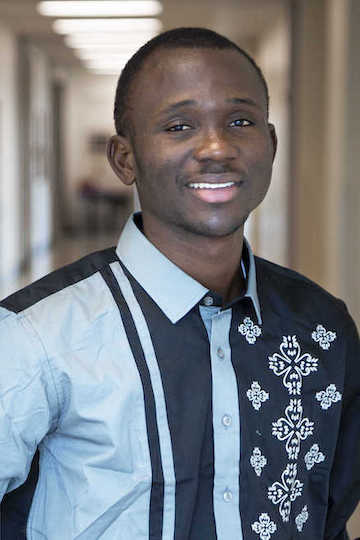
Ibukun Osunbunmi
Ibukun Osunbunmi is a Ph.D. candidate at the department of Engineering Education, Utah State University, USA. He holds a B.Sc. and M.Sc. from the University of Ibadan, Nigeria. His current research uses mixed method approach in exploring college students’ experiences, their learning habits and factors that influences learning in their environment.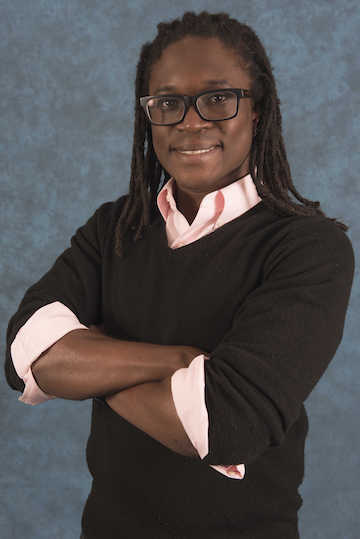
Felix Owusu
Felix Owusu is a doctoral candidate in Public Policy at Harvard University. Trained as an economist, Felix’s research blends data science, quasi-experimental research methods, and deep substantive knowledge to understand the application of law and bureaucratic processes in law enforcement agencies and their impacts across race and class. He has recently served as a Data Scientist and Fellow at The Lab @ DC and the Metropolitan Police Department.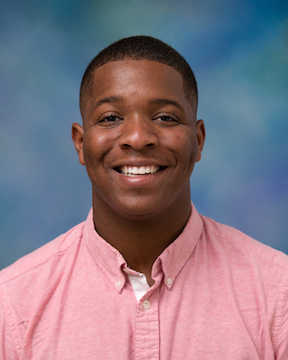
Jeremy Prim
Jeremy Prim is a current fifth year Sociology doctoral candidate at the University of California, Davis. His current program of research focuses in the areas of race, inequality, policing, and school discipline. His dissertation research attempts to understand how mechanisms of the carceral state permeate schools and the relationship the carceral state has to educational outcomes. Jeremy previously received his BA in Sociology at Morehouse College in Atlanta, Georgia.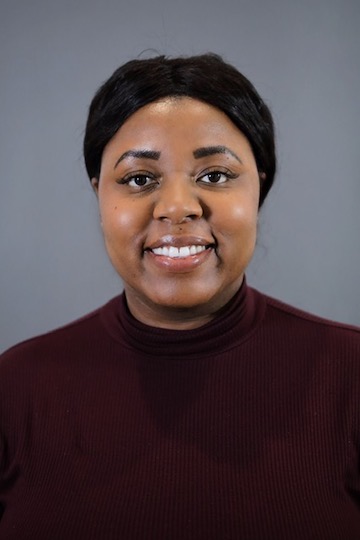
Ebony N. Russ
Ebony N. Russ is a Fellow at Harvard University within the Department of Molecular and Cellular Biology. She is a Professor of Sociology at George Washington University and the Director of the Rethinking DC Youth and Policing Program. Her research interests include decreasing cardiovascular diseases among marginalized populations, and uplifting the health narratives of oppressed individuals. She is passionate about empowering the next generation of scholar activists.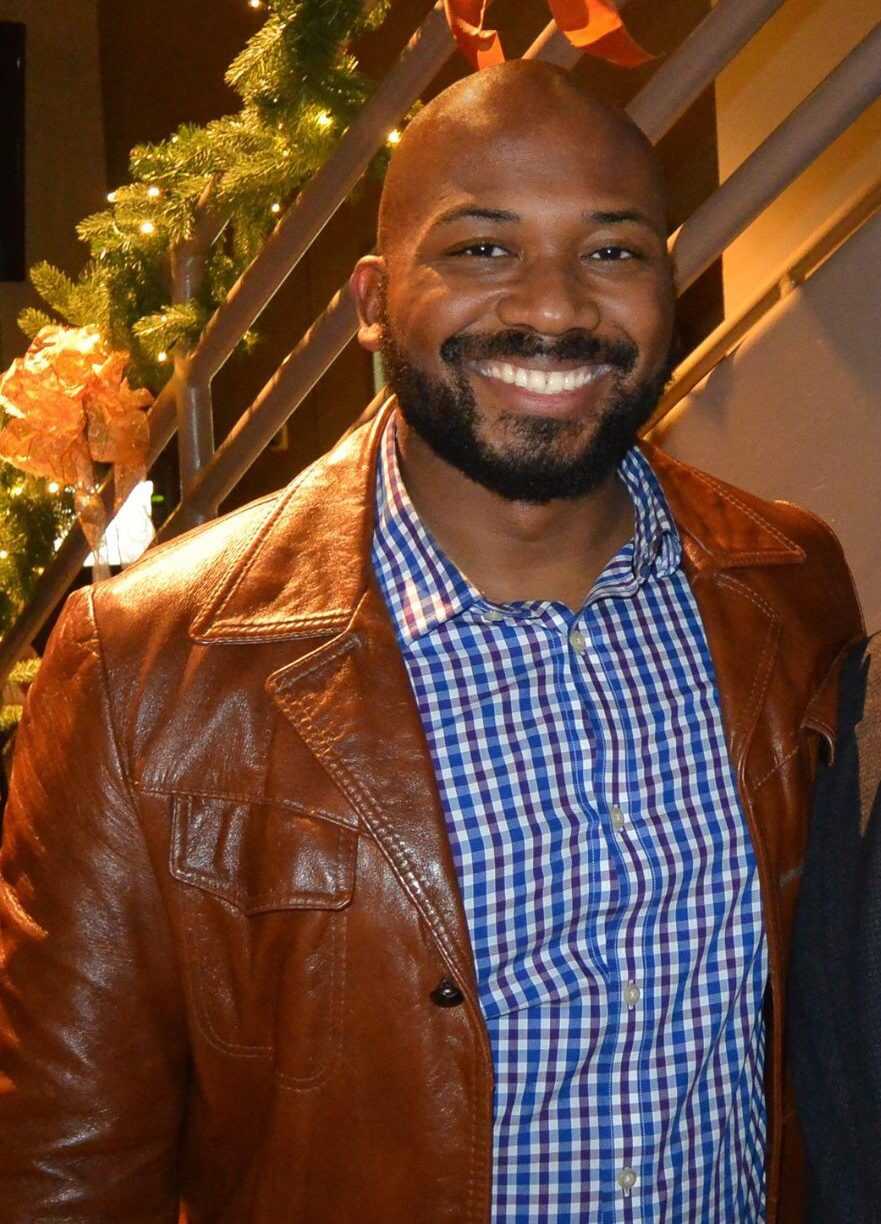
Regis (R.A.) Saxton
Regis (R.A.) Saxton is a doctoral student in sociology at George Mason University, interested in anti-Blackness and futurism. His dissertation examines antiracist chronopolitics on Twitter in the #blacklivesmatter movement. As a DuBoisian, he employs multiple methods to address the question of how we may create futures safe for black life.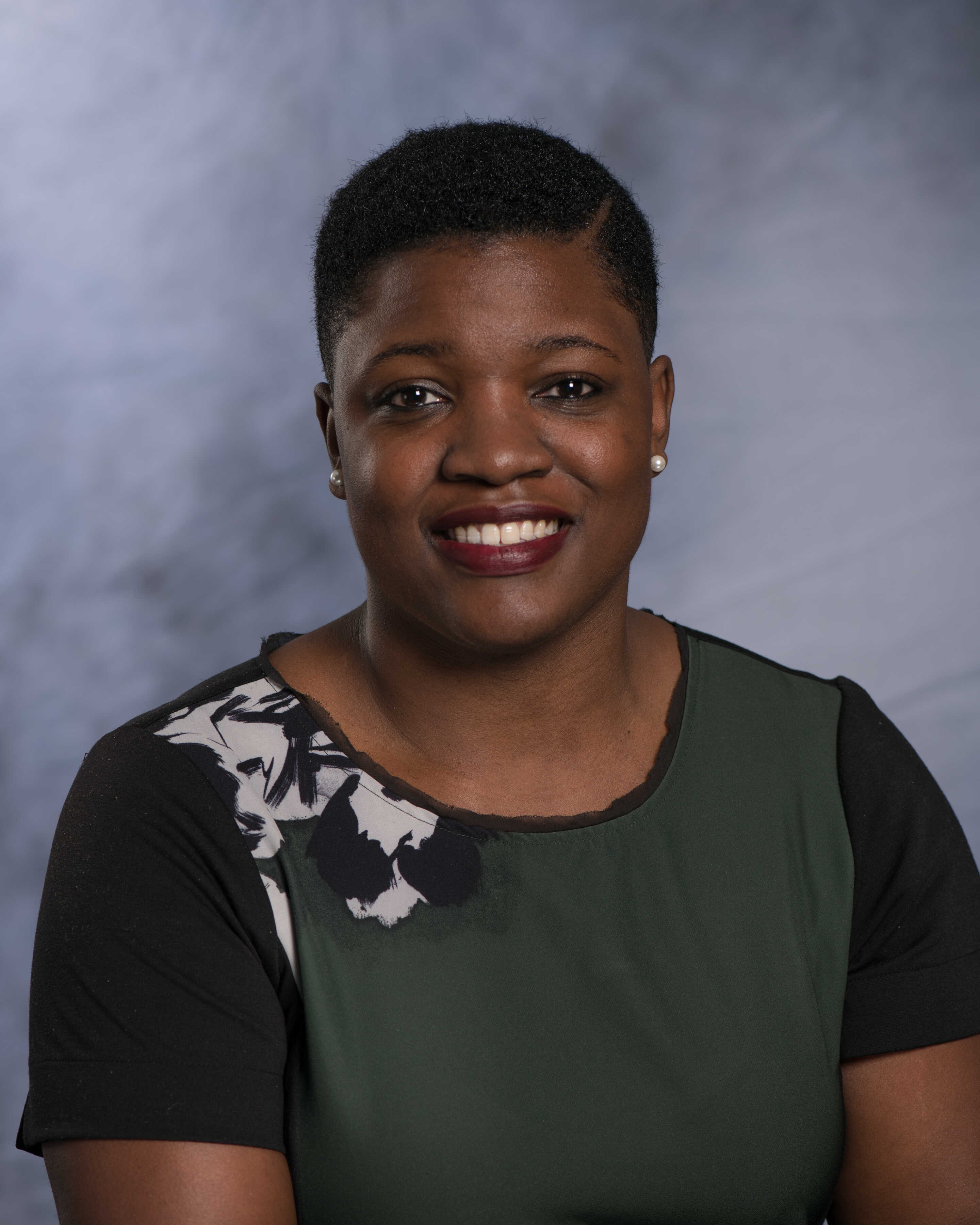
Marisa Smith
Marisa Smith is an Assistant Professor in the Department of Advertising + Public Relations and the School of Journalism. Her work highlights that a critical component for understanding the sociopolitical implications of digital information environments involves examining its implications for racial attitudes. Her research investigates the effects of mediated messages on stereotype endorsement and policy support.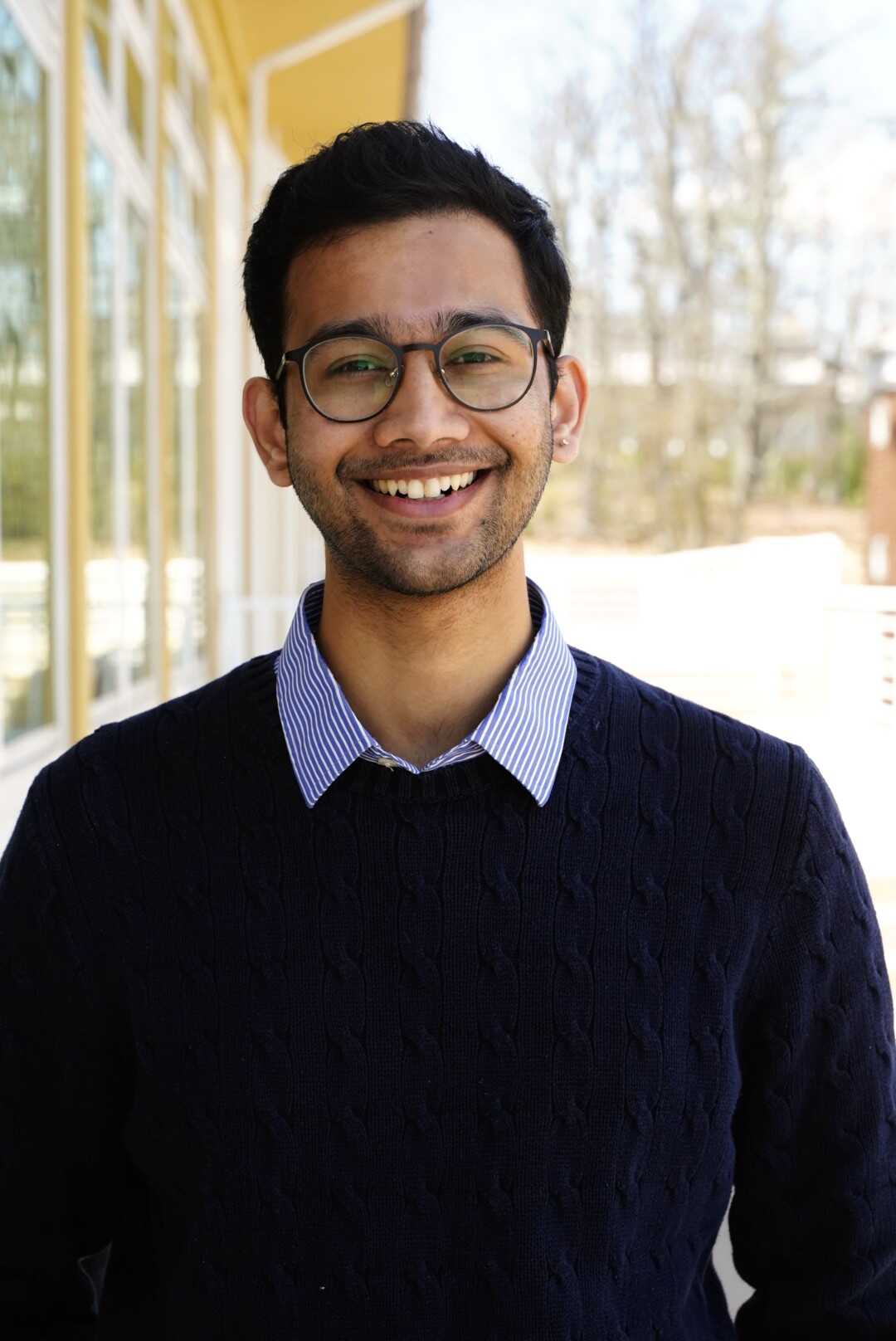
Sri Yeswanth (Yash) Tadimalla
Sri Yeswanth (Yash) Tadimalla (He,Him,His) is a doctoral student at UNC Charlotte, under the Interdisciplinary track in the College of Computing and Informatics. His research explores understanding various forms of inequities in the fields of computing and education through an intersectional lens. He is currently assisting various research projects under the Center for Education Innovation (CEI) in CCI and is also a member of the HCI Lab. He holds a B.Tech in Computer Engineering from Hyderabad Institute of Technology and Management. Prior to his advocacy work in the North Carolina Region, he served under various UN SDG related initiatives advocating for equitable education practices across multiple countries in South-east Asia.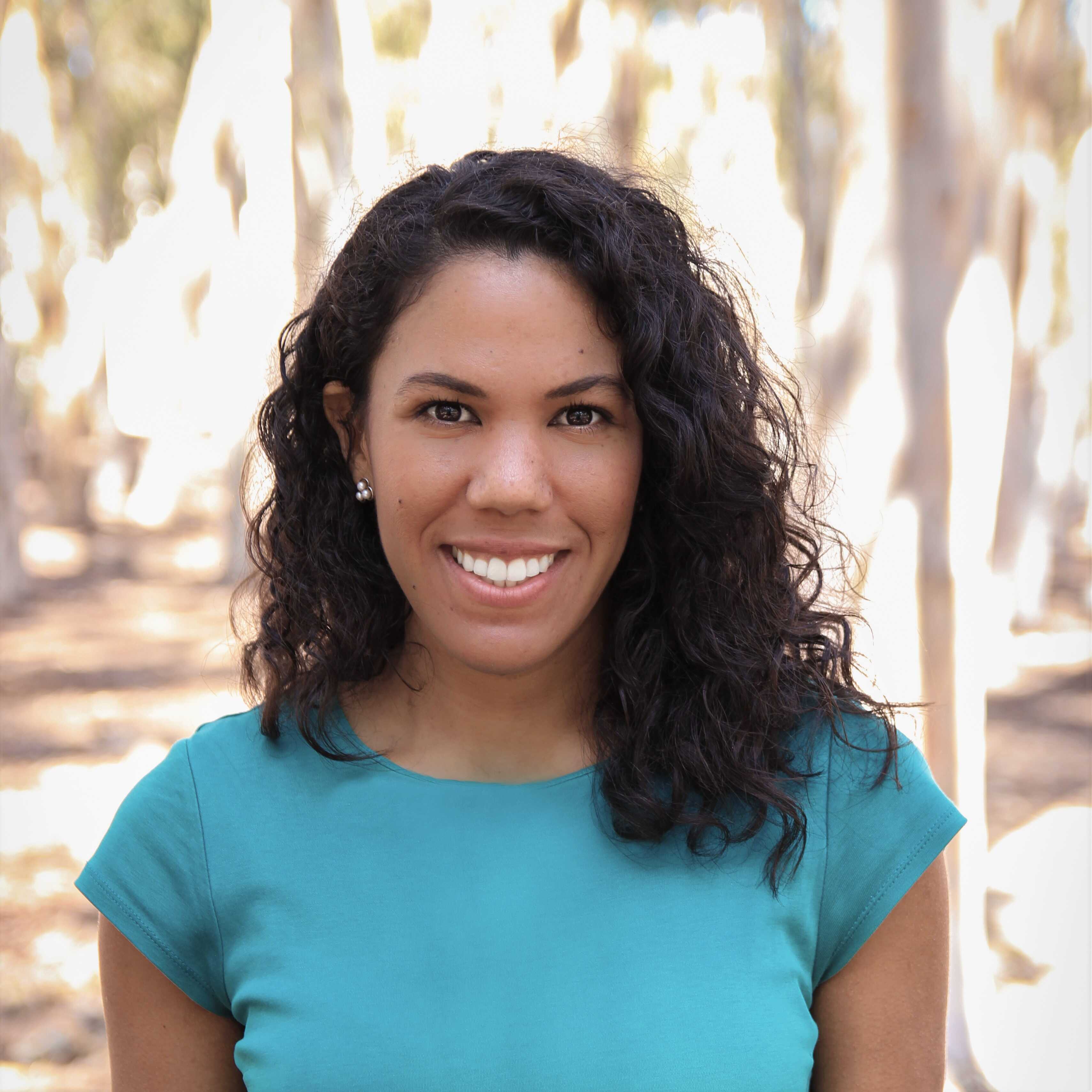
Maxine Van Doren
Maxine Van Doren is a licensed speech-language pathologist currently pursuing a Ph.D. in Linguistics at the University of California, San Diego. Her dissertation examines the effects of language structure on voice quality in speakers with and without voice disorders. Clinically, she is interested in developing linguistically-informed diagnostic tools for culturally and linguistically diverse patients with voice disorders.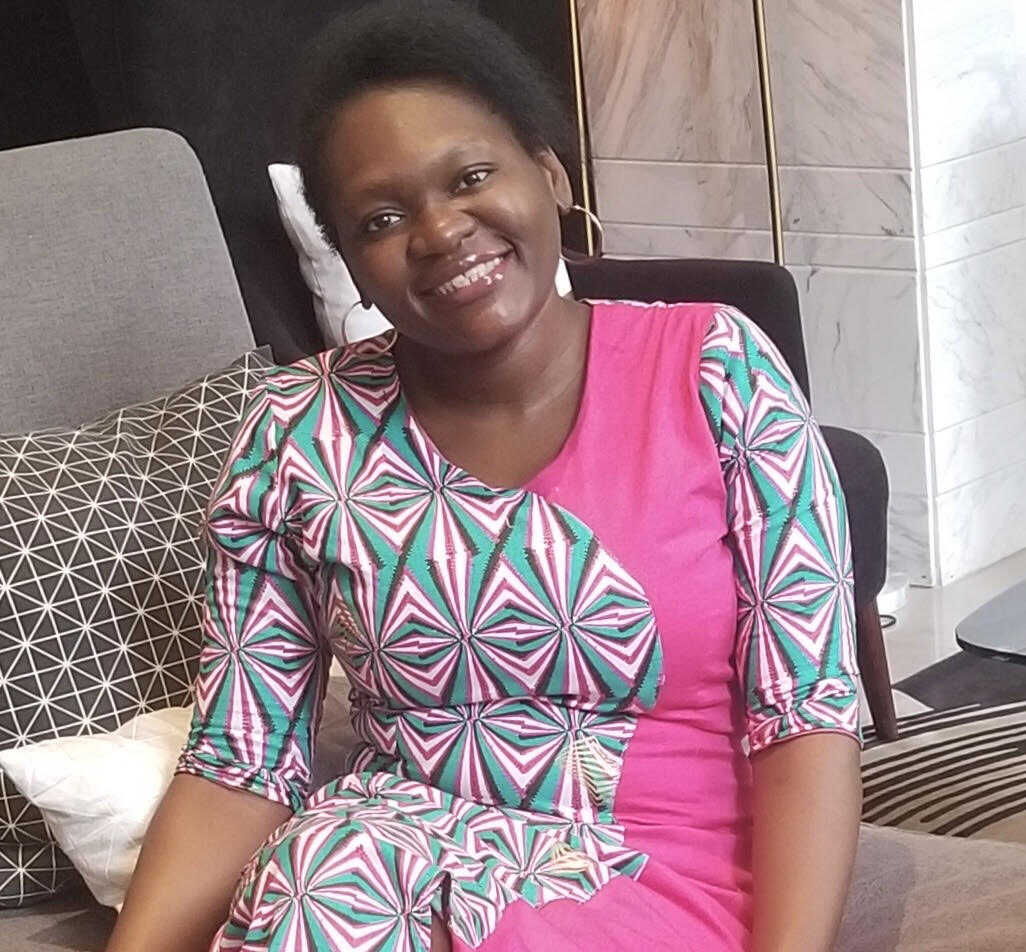
Soazic Elise Wang Sonne
Soazic Elise WANG SONNE is an Economist/Statistician (Young Professional) in the Social Development Global Practice of the World Bank Group supporting the data analytics program on forced displacement. She is a Ph.D. fellow in economics at the United Nations University (UNU) in the Netherlands and received the UC Berkeley Leamer-Rosenthal Prize in the category of Emerging Researcher for her strong advocacy towards research transparency and reproducibility in Social Sciences.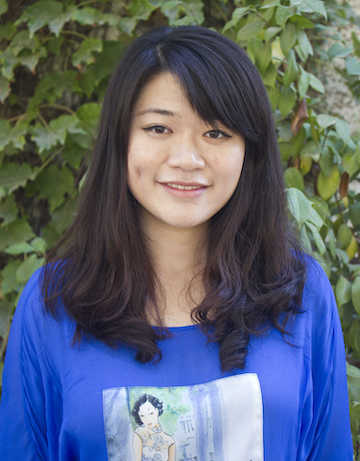
Jinghui Zhang
Elaine Jinghui Zhang is a doctoral candidate in social psychology at Claremont Graduate University. She studies group behaviors such as motivations for social interaction, bi-partisan attitude formation and social movement. Her most recent work examined the role of national identity certainty in conspiracy theory beliefs and derogation of outgroup members.Organizer

Naniette H. Coleman
Naniette H. Coleman is a Ph.D. candidate in the Sociology Department at the University of California Berkeley and a UC-National Lab In-Residence Graduate Fellow at Los Alamos National Lab. Since 2016 Naniette has directed the AAC&U award winning Interdisciplinary Research Group on Privacy at Berkeley. Naniette is an affiliate of the Institute for the Study of Societal Issues, the Center for Long-term Cybersecurity, and the Center for Technology, Society, and Policy at Berkeley as well as the Belfer Center for Science and International Affairs, and Berkman-Klein Center for the Internet and Society at Harvard University. Naniette’s research sits at the intersection of the sociology of culture and organizations and focuses on cybersecurity, surveillance, and privacy in the US context. Specifically Naniette’s research examines how organizations assess risk, make decisions, and respond to data breaches and organizational compliance with state, federal, and international privacy laws. Naniette holds a Master of Public Administration with a specialization in Democracy, Politics, and Institutions from the Harvard Kennedy School of Government, and both an M.A. in Economics and a B.A. in Communication from the University at Buffalo, SUNY. A non-traditional student, Naniette’s prior professional experience includes local, state, and federal service, as well as work for two international organizations, and two universities.Planning Team
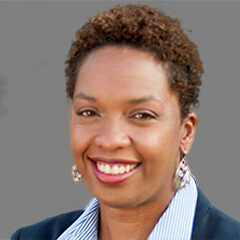
Akira Bell
Akira Bell is Mathematica’s senior vice president and chief information officer. She oversees technology infrastructure and governance and leads strategy for delivering innovation in support of client and internal business function needs. Before joining Mathematica in 2018, Bell led the IT function for Aramark’s higher education business unit. Previously, she served as a divisional chief information officer within the Hess Corporation and held various program management, application development, and technology consulting roles with UnitedHealth, IBM Global Services, and PricewaterhouseCoopers. While at Hess, she guided IT strategy during the acquisition of its retail division by Marathon Speedway and was part of the team recognized by CIO magazine with a CIO100 Award for delivering innovative IT solutions during Hurricane Sandy recovery. Bell earned a B.S.E. in operations research from Princeton University, where she serves as an alumni mentor for women in science, technology, engineering, and mathematics.